Doctrine of Lis Pendens and Section 52 of the Transfer of Property Act
What is the Doctrine of Lis Pendens?
The Doctrine of Lis Pendens, meaning "pending litigation," is a legal principle primarily concerned with immovable property, as outlined in Section 52 of the Transfer of Property Act, 1882. This doctrine ensures that the rights and interests of parties involved in an ongoing lawsuit over a property are protected.
Lis pendens establishes that the court retains authority over the property in question for the entire duration of the lawsuit, until a final judgment is issued. It prohibits any changes or transfers regarding the property during the pendency of the case, thereby safeguarding the subject matter of the lawsuit from being transferred to a third party. In the context of immovable property, any transfer of ownership must adhere to the court's decision, and the transferee is bound by the court’s judgment.
Section 52 of the Transfer of Property Act
Property owners generally have the right to transfer or dispose of their property as they choose. However, when a legal dispute involving the property is ongoing, the owner’s ability to sell or otherwise dispose of the property may be restricted or prohibited for the duration of the legal action.
This situation is governed by Section 52 of the Transfer of Property Act, 1882, which states:
“52. Transfer of property pending suit relating thereto.—During the [pendency] in any Court having authority [within the limits of India excluding the State of Jammu and Kashmir] or established beyond such limits] by [the Central Government] of [any] suit or proceeding [which is not collusive and] in which any right to immoveable property is directly and specifically in question, the property cannot be transferred or otherwise dealt with by any party to the suit or proceeding so as to affect the rights of any other party thereto under any decree or order which may be made therein, except under the authority of the Court and on such terms as it may impose.”
Exceptions and Court Interpretations
Over time, courts have identified situations where the doctrine of lis pendens does not apply, such as:
- When only the transferor is affected.
- When the litigation is collusive or amicable.
- When a transfer is made by someone who is not a party to the lawsuit.
Additionally, the courts have clarified that the doctrine applies to cases involving disputes over immovable property rights, including partition proceedings, mortgage cases, and easements.
Purpose of the Doctrine of Lis Pendens
The doctrine of lis pendens is crucial as it prevents the transfer of a disputed property's title without the court’s approval. Without this doctrine, there could be endless litigation, making it nearly impossible to resolve a lawsuit successfully if property transfers were allowed to proceed unchecked during the litigation process. The "Transferee pendente lite" (a person who acquires the property during the pending lawsuit) is bound by the court's final decision, just as if they had been a party to the original suit, and any transfer made is subject to the outcome of the ongoing case.
Essential Conditions for the Doctrine of Lis Pendens
Section 52 is designed to prevent parties involved in a lawsuit from being deprived of their interests by the opposing party during the case. It is based on principles of equity and fairness. However, simply mentioning an immovable property in a lawsuit is not enough to invoke this section. The application of Section 52 is triggered only when property rights are directly and specifically in question. Therefore, restrictions on property transfer are only applicable when these rights are the subject of the ongoing lawsuit.
For the doctrine of lis pendens to apply, the lawsuit must be pursued in good faith, free of collusion or malicious intent. If the lawsuit is found to be collusive or malicious, the doctrine does not apply. Additionally, the lawsuit must be filed in a court with proper jurisdiction, whether pecuniary or territorial. If the lawsuit is brought before a court without the necessary jurisdiction, the principles of lis pendens do not apply.
Cases on the Doctrine of Lis Pendens
- Faiyaz Hussain v. Munshi Prag Narrain: The Privy Council adhered to the theory established in Bellamy v. Sabine and emphasized the importance of reaching a final adjudication in legal matters.
- Iqbal Singh v. Mahendar Singh: The Delhi High Court held that once arbitration proceedings commence, the suit property becomes sub-judice, and any transfer made during the arbitration proceedings would be subject to Section 52 of the Transfer of Property Act.
- Swaran Singh v. Arjun Singh and Ors.: The Punjab and Haryana High Court stated that the doctrine of lis pendens applies to arbitral proceedings if the award has the status of a decree enforceable in a court of law.
- Simla Banking Industrial Co. Ltd. v. Firm Luddar Mal, Tek Chand: The court explained that the lis pendens rule binds a person who acquires property during a pending suit to the judgment rendered against the person from whom they derived their title.
Conclusion
The Doctrine of Lis Pendens serves as a legal safeguard to prevent parties from disposing of property in a way that could undermine the outcome of a pending lawsuit. It ensures that the property's status remains unchanged until the legal dispute is resolved, thereby protecting the rights of all parties involved in the litigation and maintaining fairness throughout the process.
Share
Related Post
Tags
Archive
Popular & Recent Post








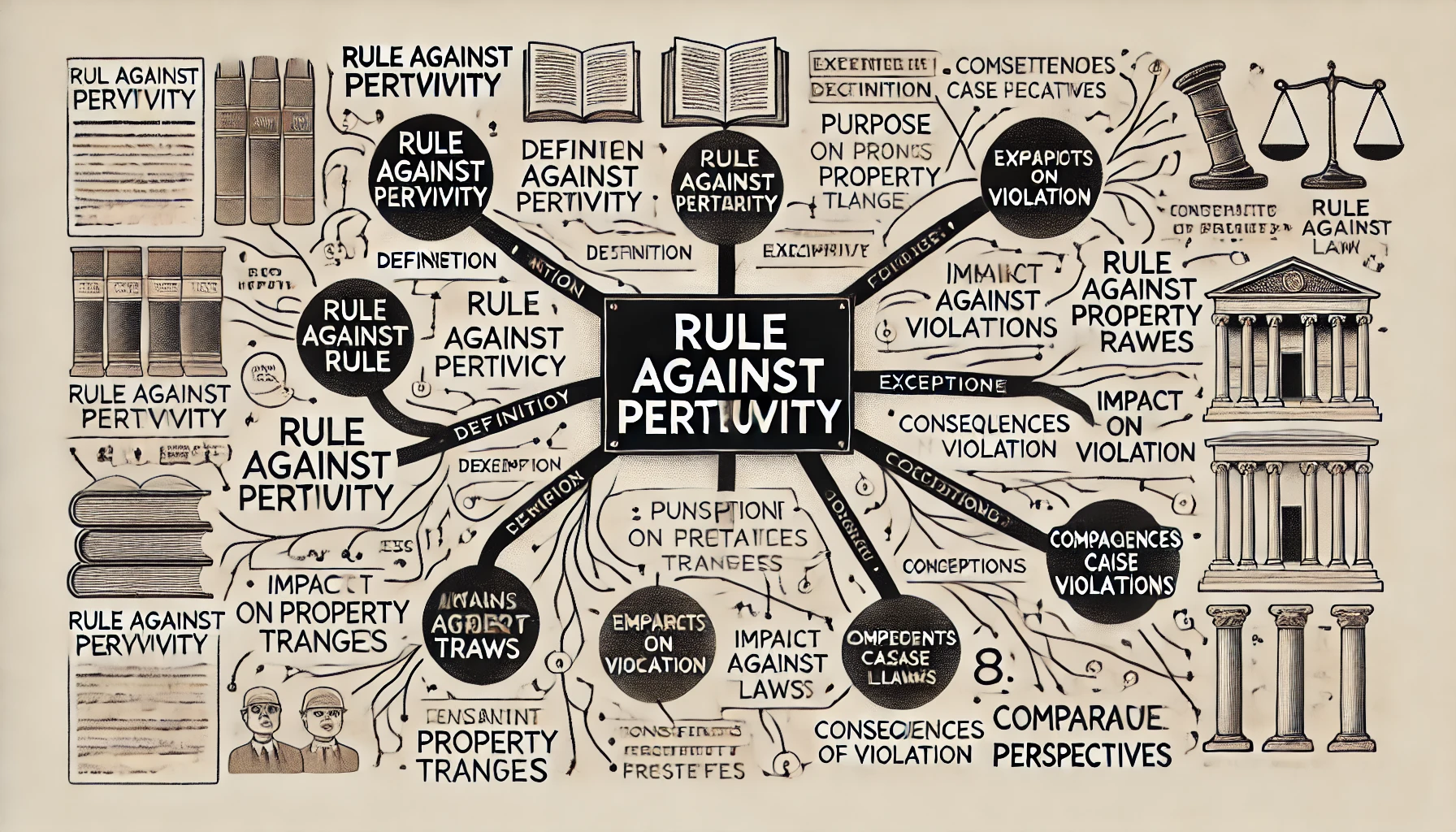
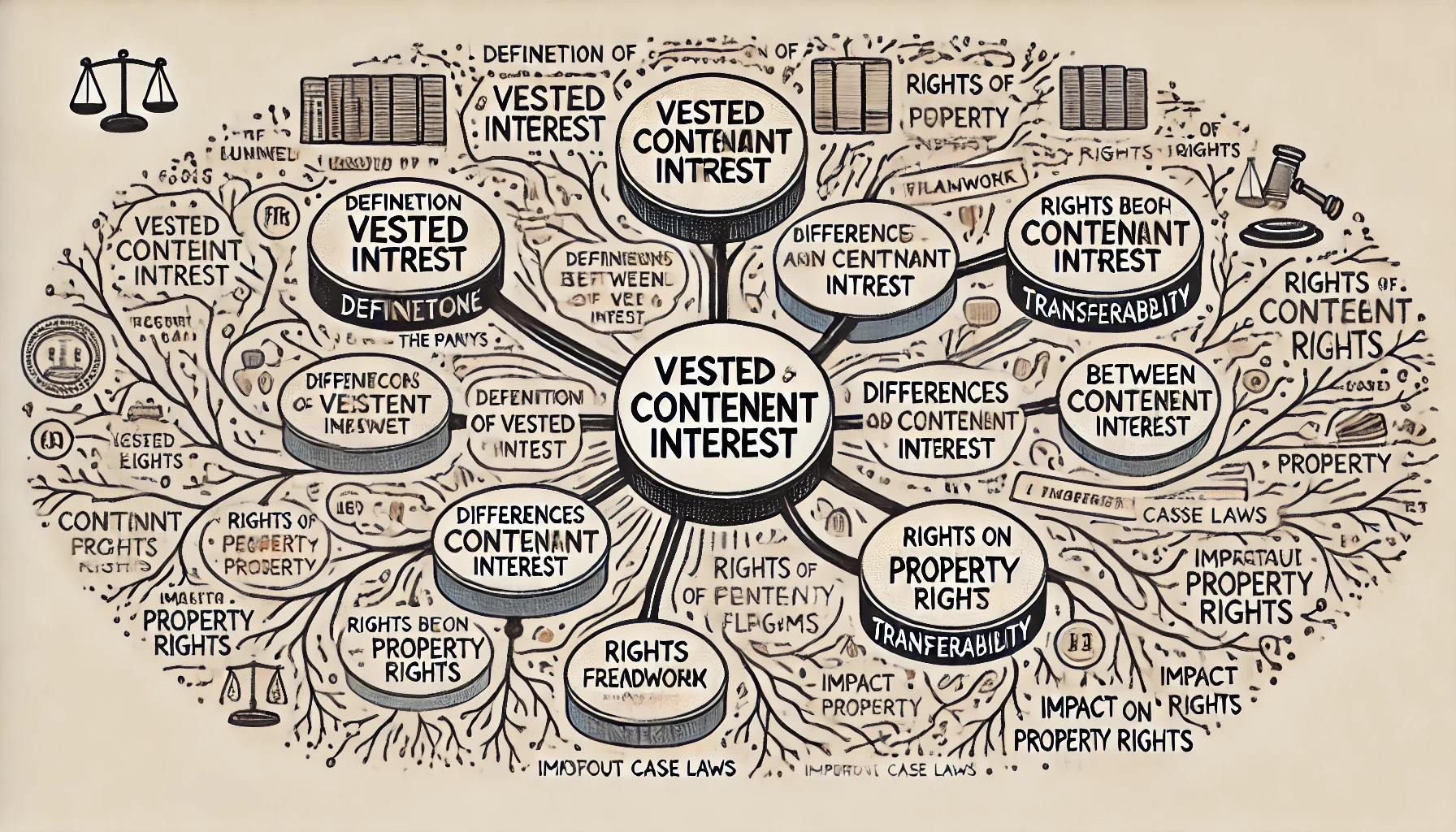
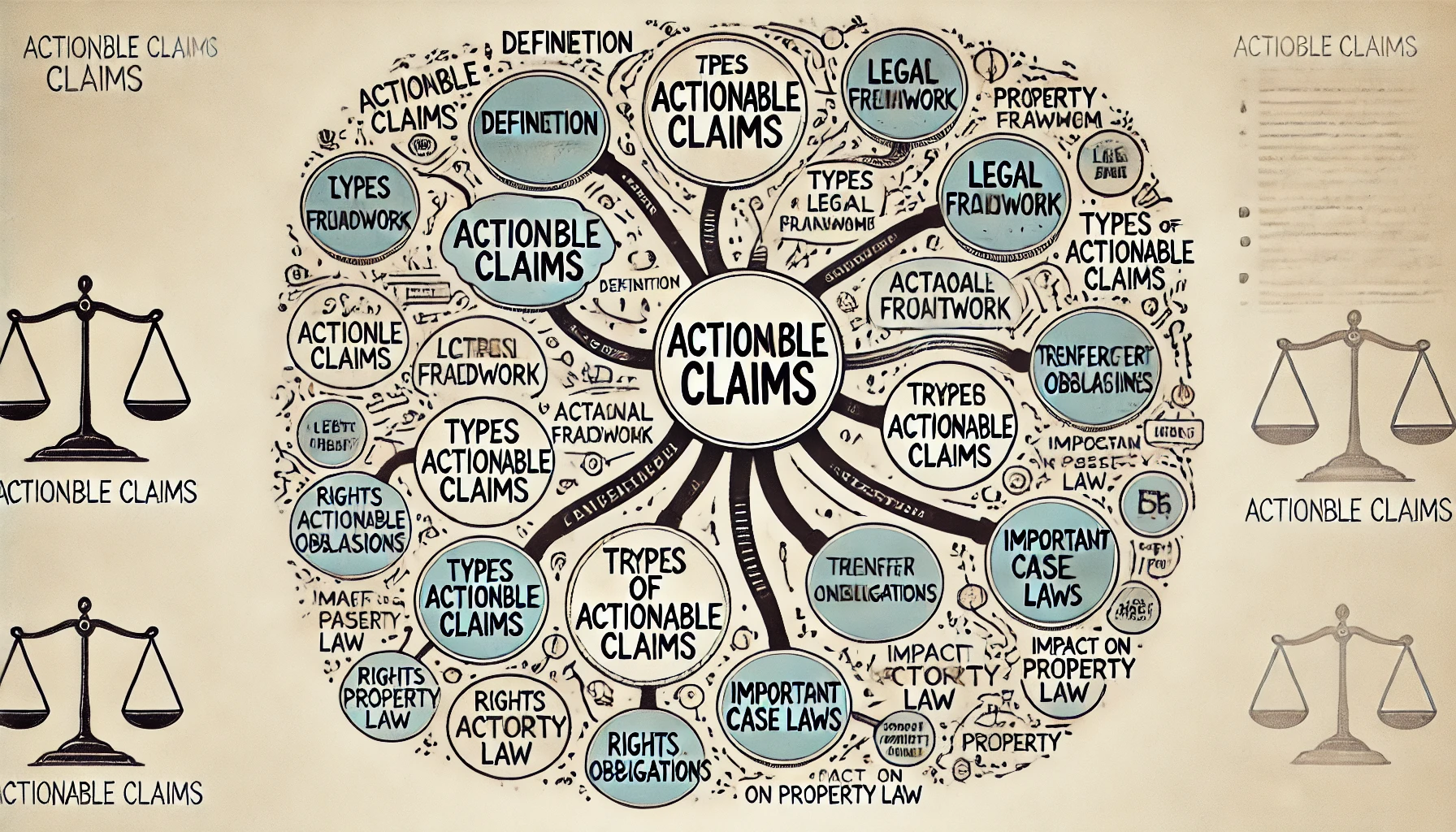
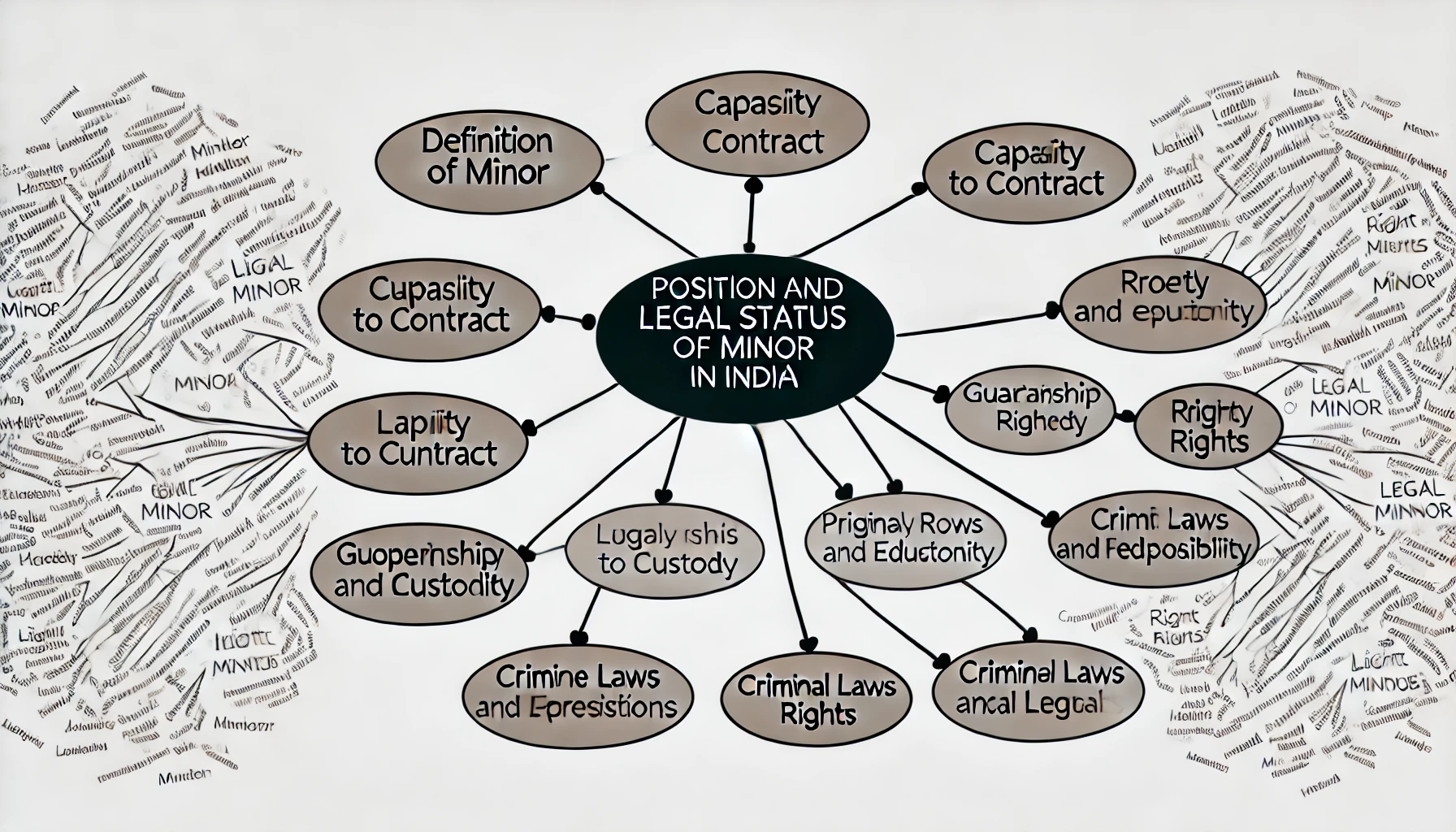
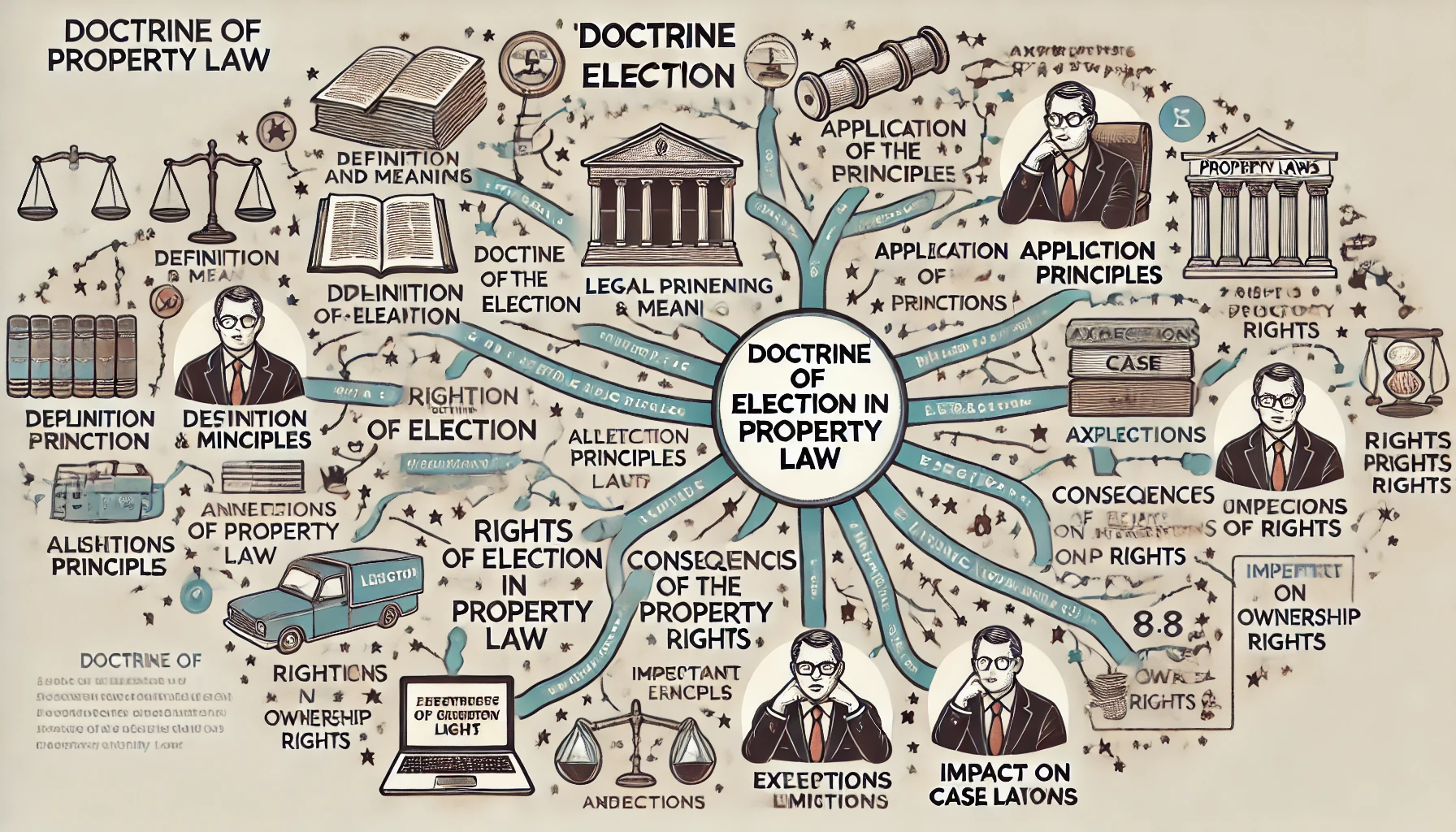
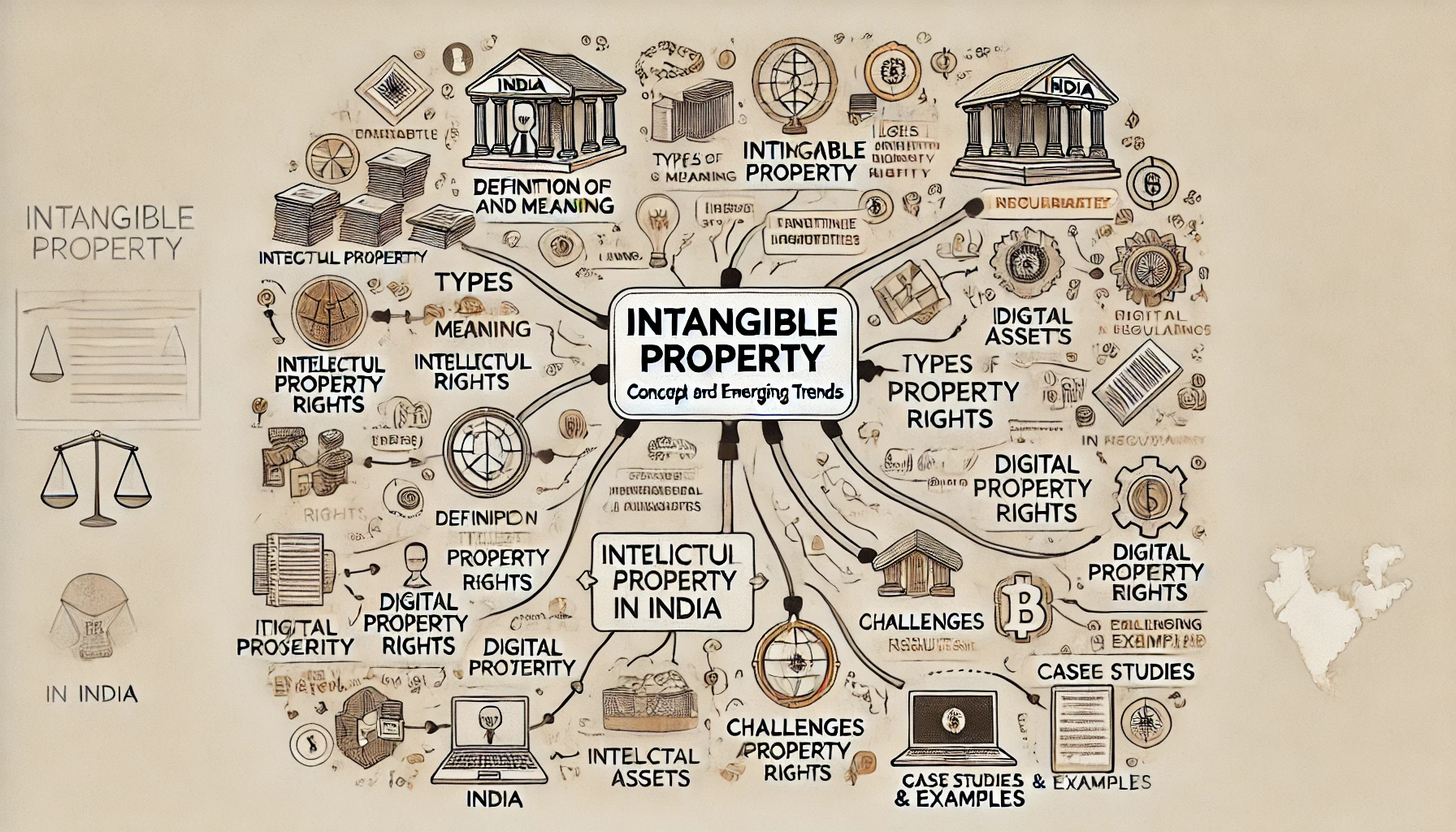
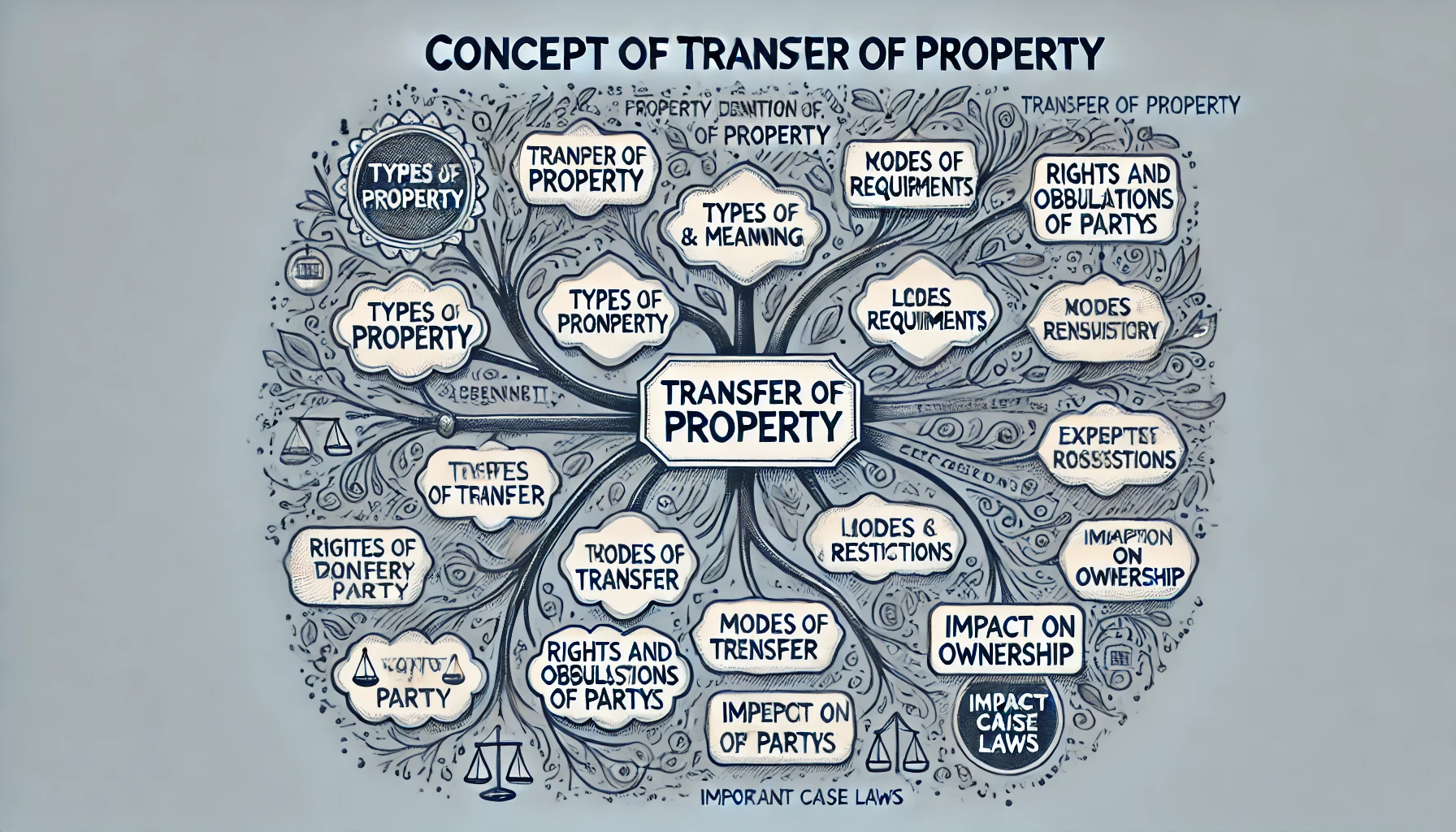



































































































Comment
Nothing for now